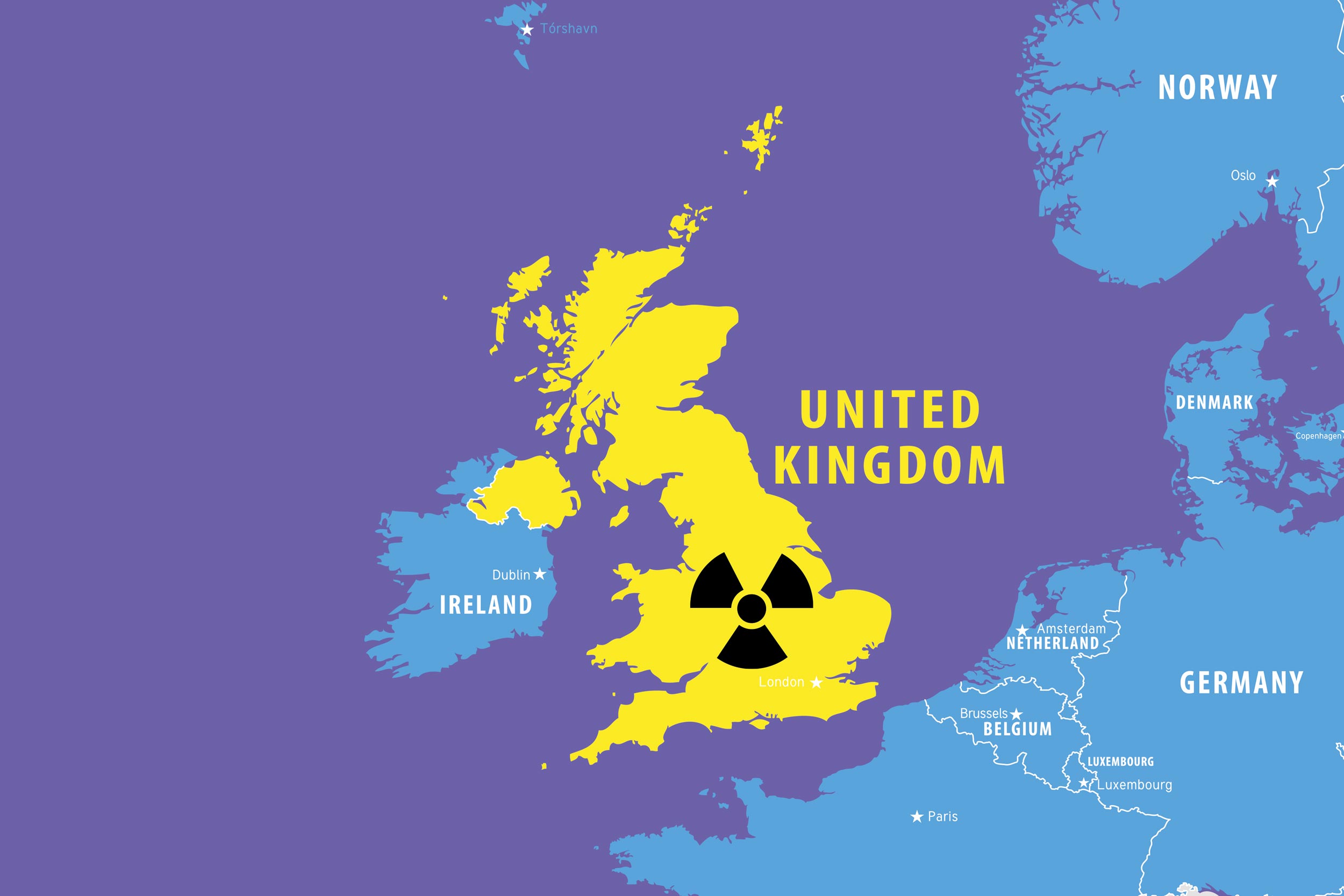« Le Premier ministre britannique Boris Johnson a récemment annoncé que le Royaume-Uni allait augmenter l’arsénal de ses armes nucléaires pour la première fois depuis des décennies. Les raisons de cette décision étant très vaguement formulées, cette annonce alimente les spéculations.
Selon un rapport stratégique, la Russie serait la principale menace pour le Royaume-Uni. Par contre, d’autres sources estiment que les tensions avec la Chine et la situation géopolitique généralement instable seraient également des raisons possibles de cette décision.
A ce sujet j’aimerais poser les questions suivantes à Monsieur le Ministre de la Défense :
- Monsieur le Ministre considère-t-il que ces plans sont en accord avec les efforts déployés dans le cadre du traité sur la non-prolifération des armes nucléaires ?
- Quelle est la réaction du Ministre face à cette annonce ?
- Quelles en seraient les conséquences pour l’OTAN ?
- Est-ce que cette intention de la Grande-Bretagne ne risque pas d’accélérer la course aux armes nucléaires?»






